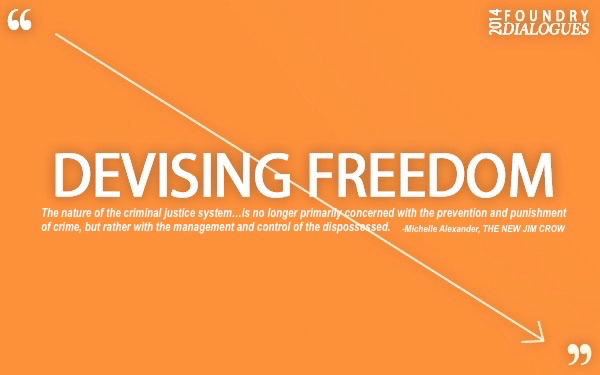
Four dialogues look at our criminal legal system, towards building new and authentic safety for us all. Dr. Viviane Saleh-Hanna and Ashanti Alston (Providence), Kai Lumumba Barrow (Durham), Rachel Herzing (Oakland), and Mariame Kaba (Chicago) are just a few of the dynamic practitioners and analysts who joined local organizers to discuss the “new Jim Crow” of mass incarceration, the policing of gender, transformative justice practice and how social justice movements get built. A rare gathering of people who walk the talk of radical imagining.
Featuring
Dr. Viviane Saleh-HannaAshanti Alston
Kai Lumumba Barrow
Victoria Law
Andrea Ritchie
Rachel Herzing
Joo-Hyun Kang
Gabriel Sayegh
Michael Premo
Mariame Kaba
Danielle Sered
Ejeris Dixon
Creative Producer:
RJ MaccaniDecember 24, 2014 – January 23, 2015 : The Ukrainian Hall, New York City
Dialogue One
Still Shackled, Still Surviving: A Visual Journey through 500 Years of Boxes
Our first dialogue is a visual journey through the technology of confinement – starting in slave dungeons inside West African soil and ending inside America’s prisons.
Dr. Viviane Saleh-Hanna of UMass Dartmouth’s Department of Crime & Justice Studies, takes us through her slides West African slavery facilities and evolving maps to establish the deep, historical connections between slavery and the current US practice of mass incarceration.
Ashanti Alston, a former member of the Black Panther Party who spent over a decade in prison, highlights the resilient visions of the black freedom struggle in the lives of political prisoners, most of whom are serving severely long sentences.
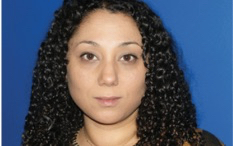
– Dr. Viviane Saleh-Hannah
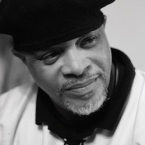
– Ashanti Alston
Dialogue Two
Policing Gender : What’s gender got to do with it?
In our second dialogue we turn our attention the ways women and LGBTQ people are being targeted and impacted by policing and imprisonment. Did you know that the number of women in prison is increasing at nearly double the rate for men?
From profiling and surveillance to popular culture, how is gender constructed, reinforced and articulated through the prison industrial complex? We’re joined by Andrea Ritchie, Kai Lamumba Barrow and Victoria Law, a remarkable group of thinkers and organizers to help us unpack these questions and more.
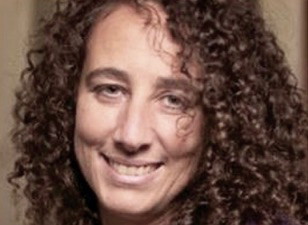
Andrea Ritchie is a police misconduct attorney and organizer in New York City. She co-coordinates Streetwise And Safe (SAS) and is co-author of “Queer (In)Justice: The Criminalization of LGBT People in the United States”.
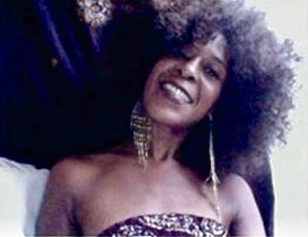
Kai Lumumba Barrow, visiting from Durham, NC, is a longtime organizer who recently worked as a Senior Strategist for Southerners On New Ground (SONG), a queer liberation organization working throughout the South. Kai is also a painter and installation artist.
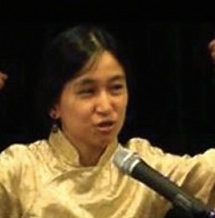
Victoria Law is a writer, photographer, mother and the author of “Resistance Behind Bars: The Struggles of Incarcerated Women”.
A national movement is underway, led primarily by incarcerated and previously incarcerated women who are organizing for state level regulations to the ASFA. Here in NYState, after 10-years of campaigning, the NYSenate passed the ASFA Expanded Discretion bill, which postpones the Federal mandate to file to terminate, and opens us an application process to incarcerated parents. The same thing happened in Washington state. There are currently 4 states who have taken regulatory measures – only 46 left to go.
Dialogue Three
Building Movement : How do social movements get built?
What is happening right now to end the violence of imprisonment and policing in NYC and throughout the US? We’re bringing three groundbreaking organizers into dialogue on how movements are built that successfully win concrete changes and push us towards an entirely different way of addressing violence and safety in our society.
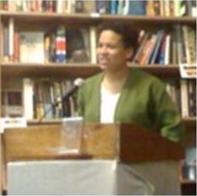

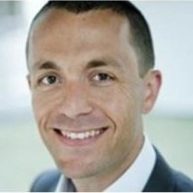
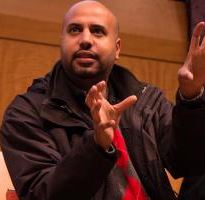
Moderated by Michael Premo, an artist, journalist and documentary storyteller. Amongst other projects, he is a co-creator and Executive Producer of Sandy Storyline.
When I think about the organizing work we do, whether it’s trying to change policies or changing laws or what not, it’s usually, if not always driven by: are we increasing the number of people who feel situated in their own personal power to make decisions in conjunction with other people, to pursue a sort of righteous end with each other? Ultimately where I’d like to be in 40 years is in a place that’s been defined by a process like that, where people can come together and say “this is …we’re living in a place that we all helped define and build together.” ..,where stuff like this, getting together in places like this, or working with folks in groups to try to change things.
Gabriel Sayegh
Dialogue Four
Transforming Justice
What other forms of justice do people imagine or, better yet, already practice? Join us for a conversation with three remarkable visionaries who are leading the way toward greater safety, accountability and freedom as they discuss their experiences with community-based approaches to violence, their challenges and lessons learned along the way.
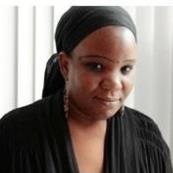

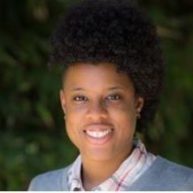
Further Reading
We asked our guests to suggest some material for further reading:
Still Shackled, Still Surviving
Colonial Systems of Control
by Viviane Saleh-Hanna
The Vengeance of Vertigo: Aphasia and Abjection in the Political Trials of Black Insurgents
by Frank B. Wilderson III
New Afrikan/Black Political Prisoners and Prisoners of War Conditions of Confinement
by Jill Soffiyah Elijah, Esq.
Decolonizing Mass Incarceration: “Flesh Will Wear Out Chains”
by Mark Lewis Taylor
Building Movement
Abolition Now!
by the CR10 Publications Collective
Unraveling the Fraying Edges of Zero Tolerance
by Rachel Herzing
Telling Our Stories: Storytelling as Community Organizing
by Rachel Herzing and Isaac Ontiveros
How the Rockefeller drug laws changed America
by Brian Mann
15 to Life: How I Painted My Way To Freedom
by Anthony Papa
Marijuana Possession Arrests Higher Under Mayor de Blasio and NYPD Police Commissioner Bratton
by Marijuana Arrest Research Project
Policing Gender
Queer (In)Justice
by Joey Mogul, Andrea Ritchie and Kay Whitlock
Stop Law Enforcement Violence Toolkit
by INCITE! Women of Color Against Violence
Resistance Behind Bars: The Struggles of Incarcerated Women
by Victoria Law
Birth and Motherhood in Prison:
an interview with Veronica Martinez at Folsom Women’s Prison
Out in the Night
a new film called about the case of the New Jersey 4
Never Innocent: Feminist Trouble with Sex Offender Registries and Protection in a Prison Nation
by Erica Meiners
Captive Genders: Trans Embodiment and the Prison Industrial Complex
by Nat Smith and Eric Stanley (eds)
Thoughts on Nomadic Aesthetics and the Black Independent Cinema: Traces of a Journey
by Teshome Gabriel
Transforming Justice
Transformative Justice
page compiled by Prison Culture
Transform Chicago
a Restorative and Transformative Justice Hub
The PIC Is…
a ‘zine created by the Chicago Prison Industrial Complex (PIC) Teaching Collective and illustrated by Billy Dee
Community Accountability Resources
website organized by Clarissa Rojas, Alisa Bierria, and Mimi Kim
The New Jim Crow
by Michelle Alexander
Peacemaking Circles and Urban Youth
by Dr. Carolyn Boyes-Watson
Are Prisons Obsolete?
by Angela Davis











